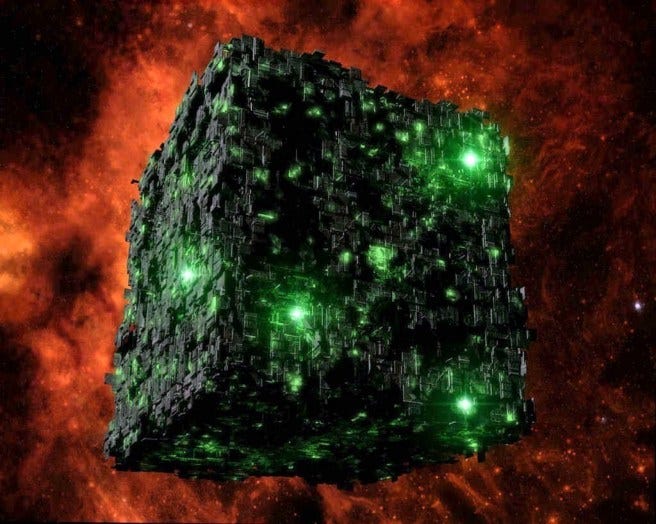Saved by Isabelle Levent
Do Artifacts Have Politics?

And since technology is not value neutral, to be a technologist is to be inherently opinionated about how the world ought to be. Each act of creation is a statement about one particular means to an end being the best possible means. As Saffron Huang writes, “[b]ringing something into existence is in fact endorsing that thing itself. As we hurtle... See more
Rebecca • On being a technologist
